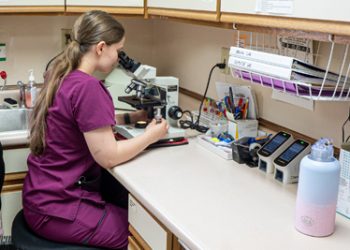Symptoms of Endometriosis
The symptoms of endometriosis can vary greatly from person to person. Some people experience extreme pain, while others may have mild or no symptoms. Regardless of severity, endometriosis can affect many areas of life, from physical wellbeing to mental health, relationships, and fertility.
Common Symptoms
Pelvic pain – the most recognised symptom. Pain often begins before menstruation and continues for several days. It may feel sharp, throbbing, or deep, and may worsen over time.
Painful periods (dysmenorrhoea) – cramping and discomfort far beyond normal period pain, often requiring strong medication.
Pain during or after sex (dyspareunia) – caused by inflammation or scar tissue pulling on pelvic organs.
Pain with bowel movements or urination, particularly during menstruation.
Heavy or irregular periods, sometimes with spotting between cycles.
Chronic fatigue, even with adequate rest.
Bloating or nausea, often mistaken for IBS or gastrointestinal issues.
Difficulty falling pregnant – endometriosis is one of the leading causes of infertility in women of reproductive age.
Less Common Symptoms of Endometriosis
Lower back pain
Leg pain, especially if nerves are involved
Mood swings, anxiety, or depression due to chronic pain and hormonal changes
Symptoms that worsen with exercise or prolonged sitting
The severity of symptoms doesn’t always match the extent of the condition. Some people with minimal endometrial growth have severe symptoms, while others with widespread disease may feel very little discomfort.
In South Africa
Many women and girls in South Africa delay seeking help for menstrual pain, thinking it is normal. Cultural taboos around discussing periods and pain contribute to this silence. Additionally, long referral times and lack of specialists make diagnosis difficult, particularly in rural provinces.
Advocacy is helping shift these norms. More young people are learning to recognise when period pain is not normal. This is especially important for improving outcomes through earlier treatment.
Recognising the symptoms of endometriosis empowers people to take their pain seriously and seek medical attention. Early intervention leads to better control of the disease and a significantly improved quality of life.
[Next: Diagnosis of Endometriosis→]


